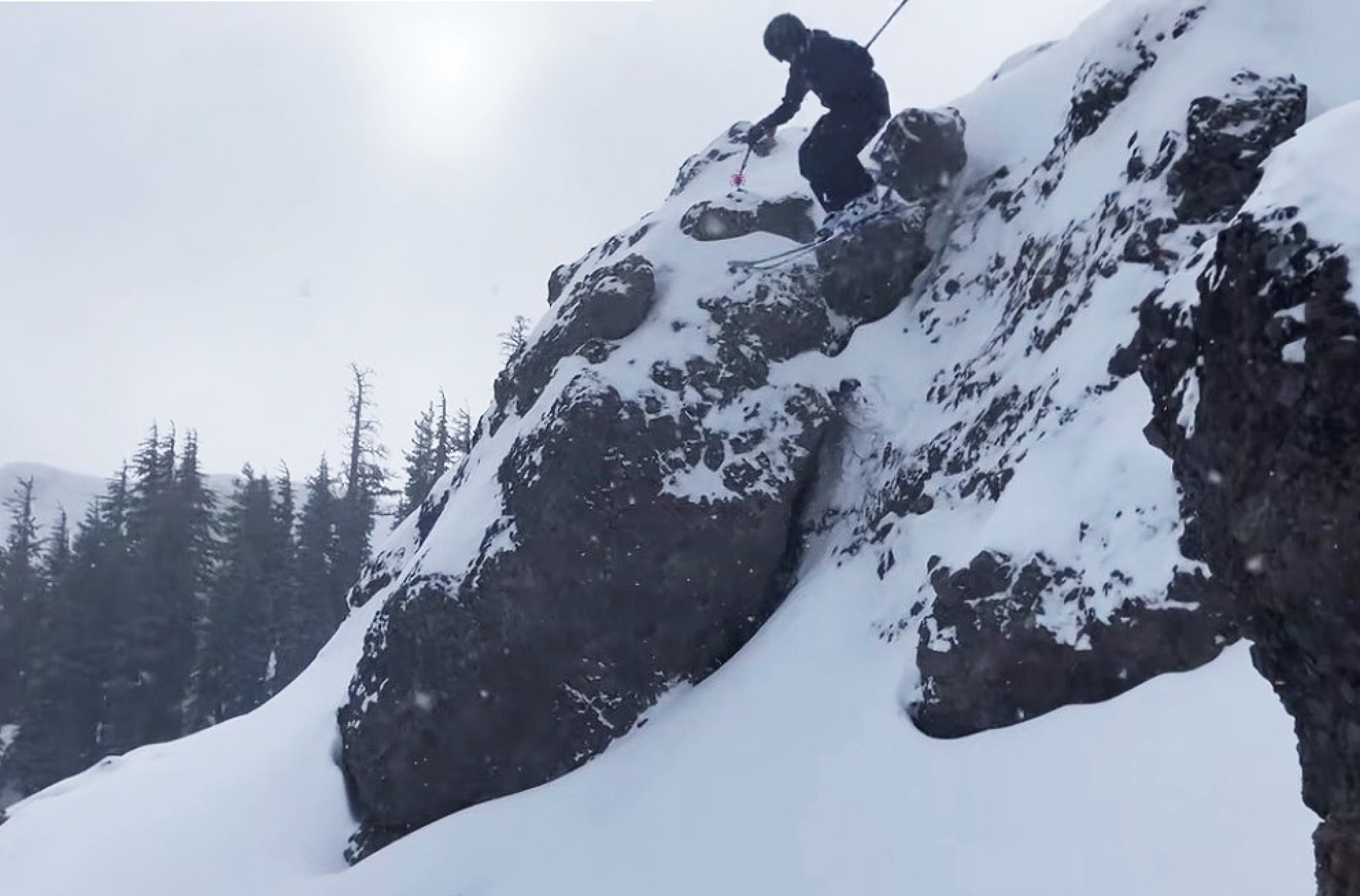“It’s just the feeling of it, zooming down the mountain … it’s an amazing hobby and even more than a hobby, just a passion that I have,” Sebastian Hyde, a Berkeley High School sophomore, said, “It’s different from a sport that you play like soccer or basketball, it’s in a different realm than any of those things.” Hyde will enter his second year skiing competitively in Tahoe this winter.
Living in Berkeley, where the last time record snow occurred was in the Roaring Twenties, poses many problems for students who find themselves with a craving for the frosty air and powdered slopes. Especially those who grew up making day trips to the mountain every time it snowed, or got their first pair of ice skates for Christmas as a child. For students like these, it can become easy to adopt a love and a talent for performing snow and ice sports competitively. However, with this adoration comes the reality of the short time frame possible for these extreme seasonal sports.
“You can only do (skiing) in the winter, so it’s a rare occurrence that you can do it.” Hyde said, “If you want to do it competitively, then you need to prioritize your time during the ski season.”
Hyde recognized that this barrier often prevents others from being able to enjoy the sport he has been doing for more than half his life. He discussed how, in order to maintain the skills he has worked exceptionally hard for, he allocates time to ski during the winter season.
“Whenever I have a competition, it requires the entire weekend of that week. (There are) team practices for what must be 12 weeks, that’s every single weekend during the winter,” Hyde said, “It takes up a lot of my life. I can’t do much else in the winter (and) it’s a big commitment.”
Although skiing takes a great deal of effort, time, and patience, Hyde expressed that the love, enjoyment, and exhilaration he receives strongly encourages him to stay committed.
Hyde, however, is certainly not the only student that deals with these challenges of managing practice time, staying engaged, and making the three to four hour trip every weekend for competitions. Kai Mosavat, a BHS sophomore and competitive skier, expressed that due to limited competition time and no satisfactory practice resources during the off season, he finds it extremely difficult to maintain his skills. “You can’t practice skiing outside of the winter (so) you lose a lot of the skill that you have over the summer unless you do a lot of practice,” Mosavat said, “I don’t really practice over the summer, (and) it definitely impacts my skill set.”
It is true that with only a few select months out of the year to get in all of the practice you need in preparation for competitions, it can be easy to fall behind, something an athlete who plays a year-round sport wouldn’t have to worry about. However, the challenge of only being able to practice for part of the year, is not only applicable for those who do ski or snow sports. Lyla Kahn is a BHS freshman and has been an avid figure skater for almost fouryears. Like many others who do winter sports, she finds it quite difficult to allocate time for practicing, particularly during the winter months. “I probably spend more time practicing in the summer than I do in the winter because of the amount of people it is almost impossible to get stuff done in a public session,” Kahn said.
Both Mosavat and Kahn have strong feelings surrounding the financial obstacles that come with especially snow sports such as skiing and snowboarding. “I just wish that people could enjoy it the same way that I do … I think that it should be something that’s more accessible,” Mosavat said. Unfortunately, sports that require many trips, expensive equipment, and lots of coaching are generally not financially attainable. “I feel like (cost) really restricts people, especially more advanced skaters, to go skating, without having to spend a lot of money,” Kahn said, “I think that’s definitely a big barrier.”





